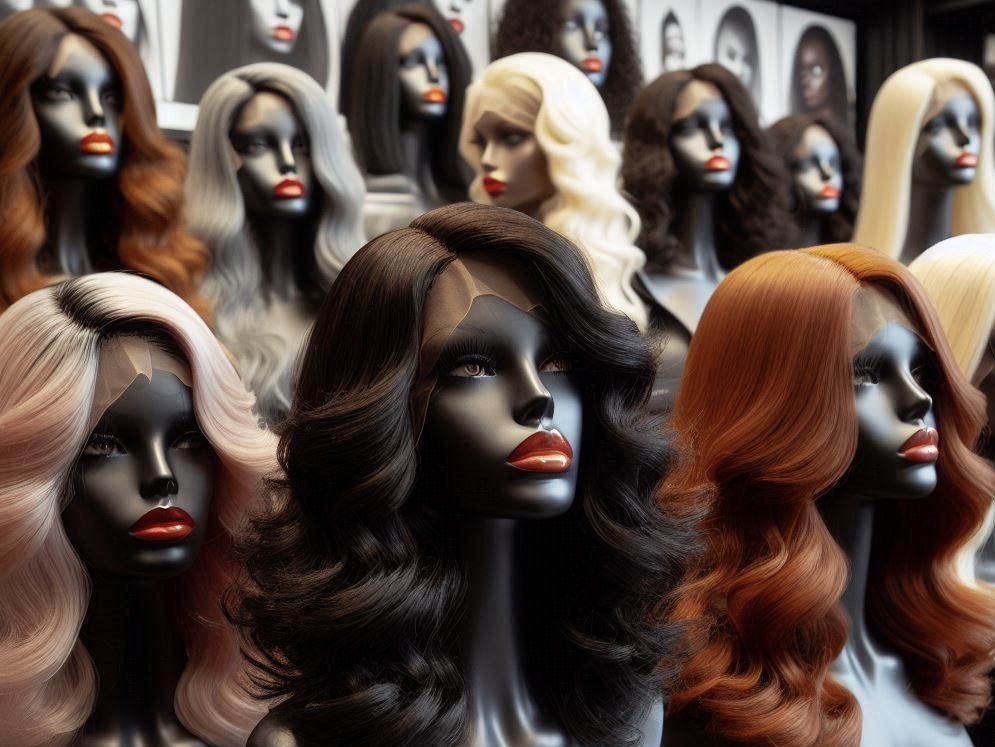
Well-groomed hair is a symbol of beauty for many black African women. However, natural hair requires special care and attention, which can be time-consuming. As an alternative, wigs (both human and synthetic hair), weave-ons, and other artificial hair extensions are popular choices among Nigerian women.
In a recent study conducted in Nigeria, researchers investigated ten commonly worn synthetic hair brands. These brands were sourced from various countries, including Nigeria, China, Ghana, and the USA. surprisingly, all of them contained different levels of contaminants, including hazardous substances such as silver, cadmium, chromium, nickel, vanadium, and lead. Additionally, several pesticides were detected, posing risks to human health.
Here are some key findings from the study:
Contaminants in Synthetic Hair:
Silver, cadmium, chromium, nickel, vanadium, and lead were present in varying amounts across the tested synthetic hair
products.
These contaminants are harmful to human health, especially considering that synthetic hair is usually worn close to the scalp.
Lead, a toxic heavy metal, was found in significant amounts.
Lead compounds are used in stabilizing the polyvinyl chloride (PVC) that synthetic hair is made of. They prevent heat, light, or wear and tear from breaking down the PVC and make it easier to shape.
However, lead is dangerous to humans, affecting cell membranes, DNA, and antioxidant defense systems.
Environmental Impact:
Most synthetic hair products are made from plastics that are not biodegradable, harming the environment.
Regulators should encourage manufacturers to use natural plant fibers and protein blends instead of plastic-based synthetics.
Synthetic hair wearers should be aware of the potential harm posed by these contaminants. Manufacturers must prioritize safer materials to protect both consumers and the environment.